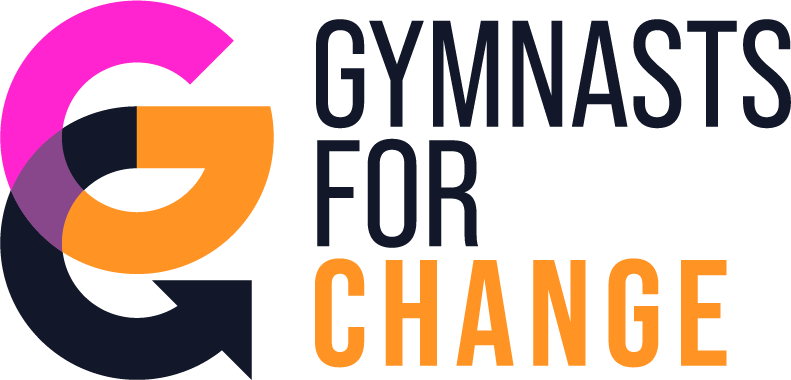Long-Term Consequences of Interpersonal Violence in Gymnastics: New Research from Natalie Barker-Ruchti
At Gymnasts for Change International, we know that the harm caused by interpersonal violence in gymnastics is real, lasting, and too often minimised. Now, new research led by Natalie Barker-Ruchti (Örebro University, Sweden) provides powerful evidence of just how deep and enduring those impacts can be.
The study, Potential outcomes of interpersonal violence for women’s artistic gymnasts: a qualitative analysis, draws on in-depth, trauma-informed interviews with 19 former elite gymnasts from 12 countries. Participants ranged from 20 to 53 years old, each of whom had spoken publicly about abuse since the release of Athlete A.
The Findings
Researchers mapped 54 distinct negative outcomes of interpersonal violence in gymnastics. These spanned:
Cognitive & Mental Health: depression, anxiety, panic disorder, PTSD, eating disorders, self-harm, dissociation, flashbacks.
Emotional: betrayal, guilt, shame, fear of being gaslit.
Relational & Behavioural: mistrust, strained family ties, avoidance of gymnastics, overprotective parenting.
Physical: chronic pain, arthritis, surgeries, physical deformations from unsafe training, chronic fatigue.
Material & Performance: disrupted education and careers, financial strain, lost opportunities in sport.
The impact was not static. Younger survivors reported acute outcomes such as hospitalisation, therapy, or reliance on service dogs. Older survivors spoke of chronic pain, parenting fears, and financial difficulties that still shape their lives decades later.
Why This Matters for Reform 25
These findings are stark — and they underline what is missing from British Gymnastics’ Reform 25 and the recent Wagstaff review. Survivors consistently highlight the need for:
Validation and recognition of their experiences — absent when reforms exclude survivor voices.
Early protection for child athletes from overtraining, aesthetic pressures, and abusive coaching cultures.
A genuinely independent, trauma-informed complaints system that addresses gaslighting, mistrust, and institutional denial.
Proactive safeguarding, not reactive crisis management, recognising that many only understand their abuse years later.
Our Call
This research proves what survivors have been saying for years: interpersonal violence in gymnastics causes lifelong harm. Reform efforts that fail to centre lived experience, acknowledge systemic failures, and take evidence seriously are not reform at all.
Gymnastics can only move forward when the voices of those harmed are at the centre of change.


